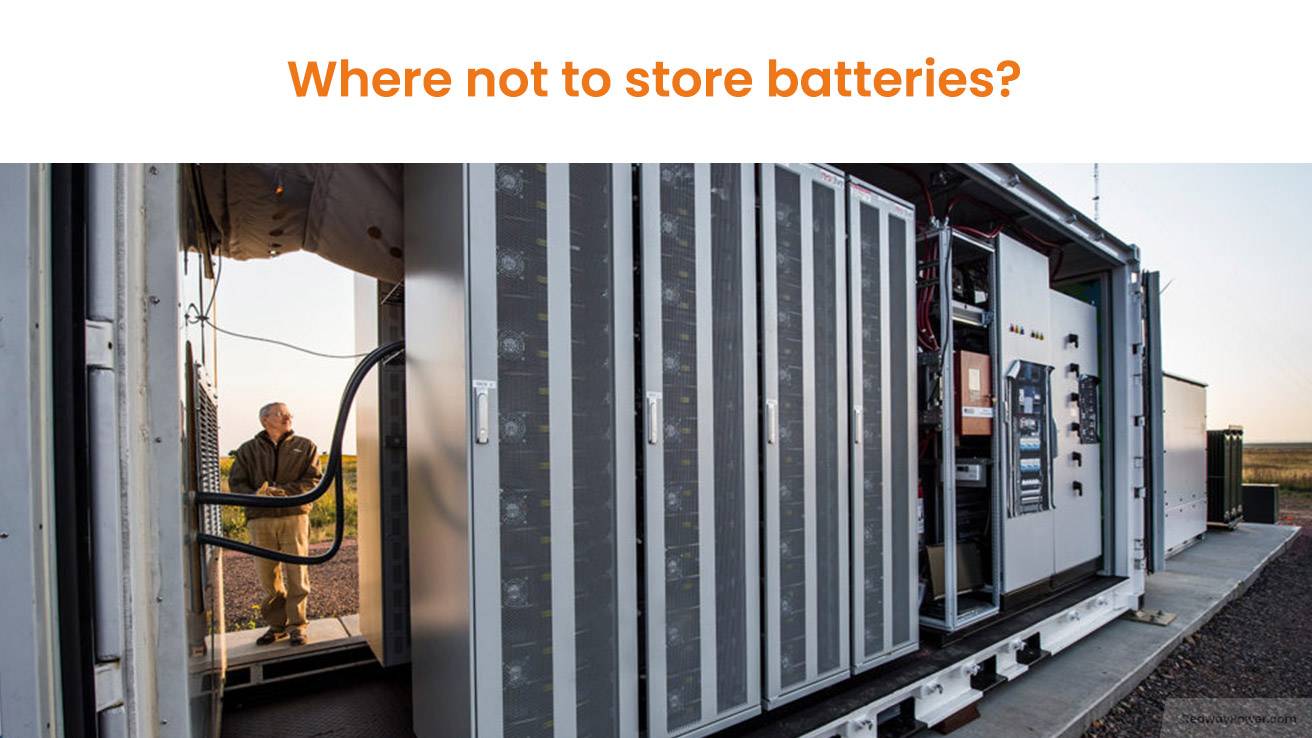- Lithium Golf Cart Battery
- Forklift Lithium Battery
-
48V
- 48V 210Ah
- 48V 300Ah
- 48V 420Ah (949 x 349 x 569 mm)
- 48V 420Ah (950 x 421 x 450 mm)
- 48V 456Ah
- 48V 460Ah (830 x 630 x 590 mm)
- 48V 460Ah (950 x 421 x 450 mm)
- 48V 460Ah (800 x 630 x 600 mm)
- 48V 460Ah (820 x 660 x 470 mm)
- 48V 500Ah
- 48V 560Ah (810 x 630 x 600 mm)
- 48V 560Ah (950 x 592 x 450 mm)
- 48V 600Ah
- 48V 630Ah
-
48V
- 12V Lithium Battery
12V 150Ah Lithium RV Battery
Bluetooth App | BCI Group 31
LiFePO4 Lithium
Discharge Temperature -20°C ~ 65°C
Fast Charger 14.6V 50A
Solar MPPT Charging - 24V Lithium Battery
- 36V Lithium Battery
- 48V Lithium Battery
-
48V LiFePO4 Battery
- 48V 50Ah
- 48V 50Ah (for Golf Carts)
- 48V 60Ah (8D)
- 48V 100Ah (8D)
- 48V 100Ah
- 48V 100Ah (Discharge 100A for Golf Carts)
- 48V 100Ah (Discharge 150A for Golf Carts)
- 48V 100Ah (Discharge 200A for Golf Carts)
- 48V 150Ah (for Golf Carts)
- 48V 160Ah (Discharge 100A for Golf Carts)
- 48V 160Ah (Discharge 160A for Golf Carts)
-
48V LiFePO4 Battery
- 60V Lithium Battery
-
60V LiFePO4 Battery
- 60V 20Ah
- 60V 30Ah
- 60V 50Ah
- 60V 50Ah (Small Size / Side Terminal)
- 60V 100Ah (for Electric Motocycle, Electric Scooter, LSV, AGV)
- 60V 100Ah (for Forklift, AGV, Electric Scooter, Sweeper)
- 60V 150Ah (E-Motocycle / E-Scooter / E-Tricycle / Tour LSV)
- 60V 200Ah (for Forklift, AGV, Electric Scooter, Sweeper)
-
60V LiFePO4 Battery
- 72V~96V Lithium Battery
- Rack-mounted Lithium Battery
- E-Bike Battery
- All-in-One Home-ESS
- Wall-mount Battery ESS
-
Home-ESS Lithium Battery PowerWall
- 24V 100Ah 2.4kWh PW24100-S PowerWall
- 48V 50Ah 2.4kWh PW4850-S PowerWall
- 48V 50Ah 2.56kWh PW5150-S PowerWall
- 48V 100Ah 5.12kWh PW51100-F PowerWall (IP65)
- 48V 100Ah 5.12kWh PW51100-S PowerWall
- 48V 100Ah 5.12kWh PW51100-H PowerWall
- 48V 200Ah 10kWh PW51200-H PowerWall
- 48V 300Ah 15kWh PW51300-H PowerWall
PowerWall 51.2V 100Ah LiFePO4 Lithium Battery
Highly popular in Asia and Eastern Europe.
CE Certification | Home-ESS -
Home-ESS Lithium Battery PowerWall
- Portable Power Stations
How to Safely Store Lithium-Ion Batteries: Essential Guidelines

Lithium-ion batteries must be stored properly to ensure safety and longevity. To safely store these batteries, keep them at room temperature, avoid extreme temperatures, and never mix old and new batteries. Proper storage prevents hazards like leaks and short circuits, ensuring your devices remain functional and safe.
How should you store lithium-ion batteries safely?
Lithium-ion batteries should be stored in a cool, dry place at room temperature, ideally between 20°C to 25°C (68°F to 77°F). Avoid placing them in areas with high humidity or extreme temperatures, such as attics or garages, which can lead to overheating or freezing conditions that damage the battery cells.
What are the best practices for battery storage?
To enhance safety while storing lithium-ion batteries:
- Use a dedicated storage container that is non-conductive.
- Keep the storage area well-ventilated.
- Regularly inspect the condition of the batteries.
Chart: Best Practices for Storing Lithium-Ion Batteries
| Practice | Description |
|---|---|
| Use non-conductive containers | Prevents short circuits |
| Maintain ventilation | Reduces heat buildup |
| Regular inspections | Identifies potential hazards early |
Why is it important to avoid extreme temperatures when storing batteries?
Extreme temperatures can significantly affect battery performance and lifespan. High temperatures can cause thermal runaway, leading to fires, while low temperatures can cause electrolyte freezing, damaging the internal structure of the battery. Always store lithium-ion batteries within the recommended temperature range.
Where should you not store lithium-ion batteries?
Avoid storing lithium-ion batteries in:
- Refrigerators or freezers
- Near heat sources like radiators or stoves
- Areas exposed to direct sunlight or high humidity
Chart: Locations to Avoid for Battery Storage
| Location | Reason |
|---|---|
| Refrigerators | Causes condensation and potential freezing |
| Near heat sources | Increases risk of overheating |
| Direct sunlight | Leads to excessive heat buildup |
Can you mix old and new batteries during storage?
No, mixing old and new batteries is not advisable as older batteries may leak or discharge into newer ones, potentially causing damage or reducing performance. Always store them separately to maintain optimal function.
How can you prevent battery leaks and short circuits?
To prevent leaks and short circuits:
- Store batteries in a dry environment.
- Use individual compartments for each battery.
- Regularly check for signs of damage or corrosion.
What are the alternatives to lithium-ion batteries?
Alternatives include:
- Nickel-Metal Hydride (NiMH): Often used in hybrid vehicles.
- Lead-Acid Batteries: Commonly used in automotive applications but heavier and less efficient than lithium-ion.
Replacement Choice: For those seeking alternatives, Redway Power offers excellent solutions for various models of lithium-ion batteries, ensuring safety and reliability.
Tips for Battery Wholesale Buyers
When purchasing from manufacturers like Redway Power, consider these key points:
- Ensure they provide detailed specifications.
- Confirm compliance with safety standards.
- Ask about warranty terms.
Making OEM orders from a reliable manufacturer involves:
- Researching potential suppliers.
- Requesting samples before bulk orders.
- Discussing customization options based on your needs.
Redway Power, with 13 years of experience as a well-known lithium battery manufacturer, offers an excellent alternative to lead-acid options.
Redway Power Expert Views
“Proper storage of lithium-ion batteries is crucial not only for safety but also for maximizing their lifespan. Users should be educated on best practices to mitigate risks associated with improper handling,” states an expert from Redway Power.
FAQ Section
- What temperature is best for storing lithium-ion batteries?
The ideal temperature range is between 20°C to 25°C (68°F to 77°F) to maintain optimal performance. - Can I use any charger for my lithium-ion battery?
No, always use chargers specifically designed for your battery type to avoid overcharging and potential hazards. - How often should I check my stored batteries?
It’s advisable to inspect your stored batteries at least once a month for any signs of damage or leakage. - Is it safe to charge lithium-ion batteries while stored?
It’s recommended to charge them periodically but ensure they are not left unattended during charging sessions. - What should I do if I find a leaking battery?
Carefully dispose of it according to local hazardous waste guidelines and avoid contact with the leaked material.













